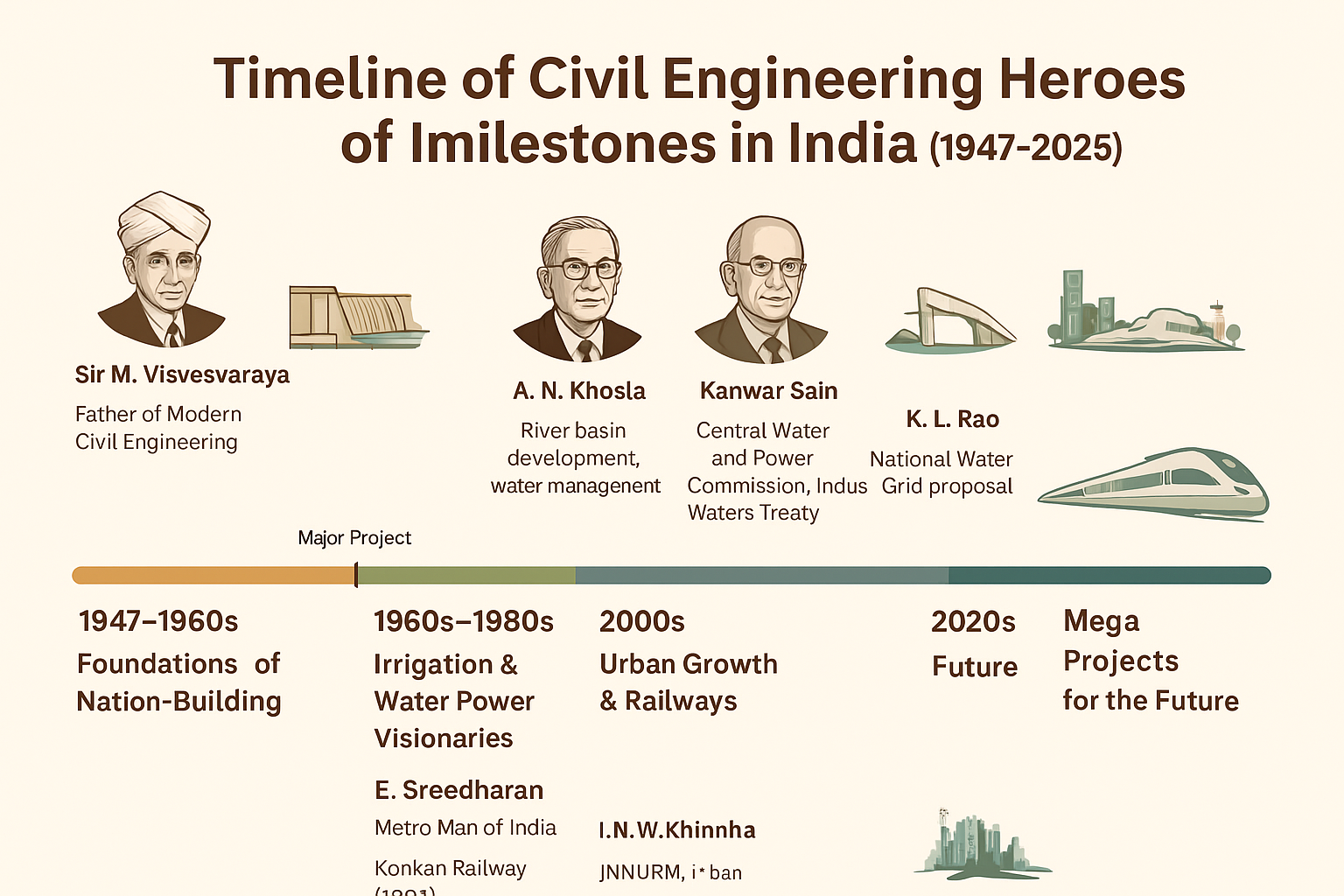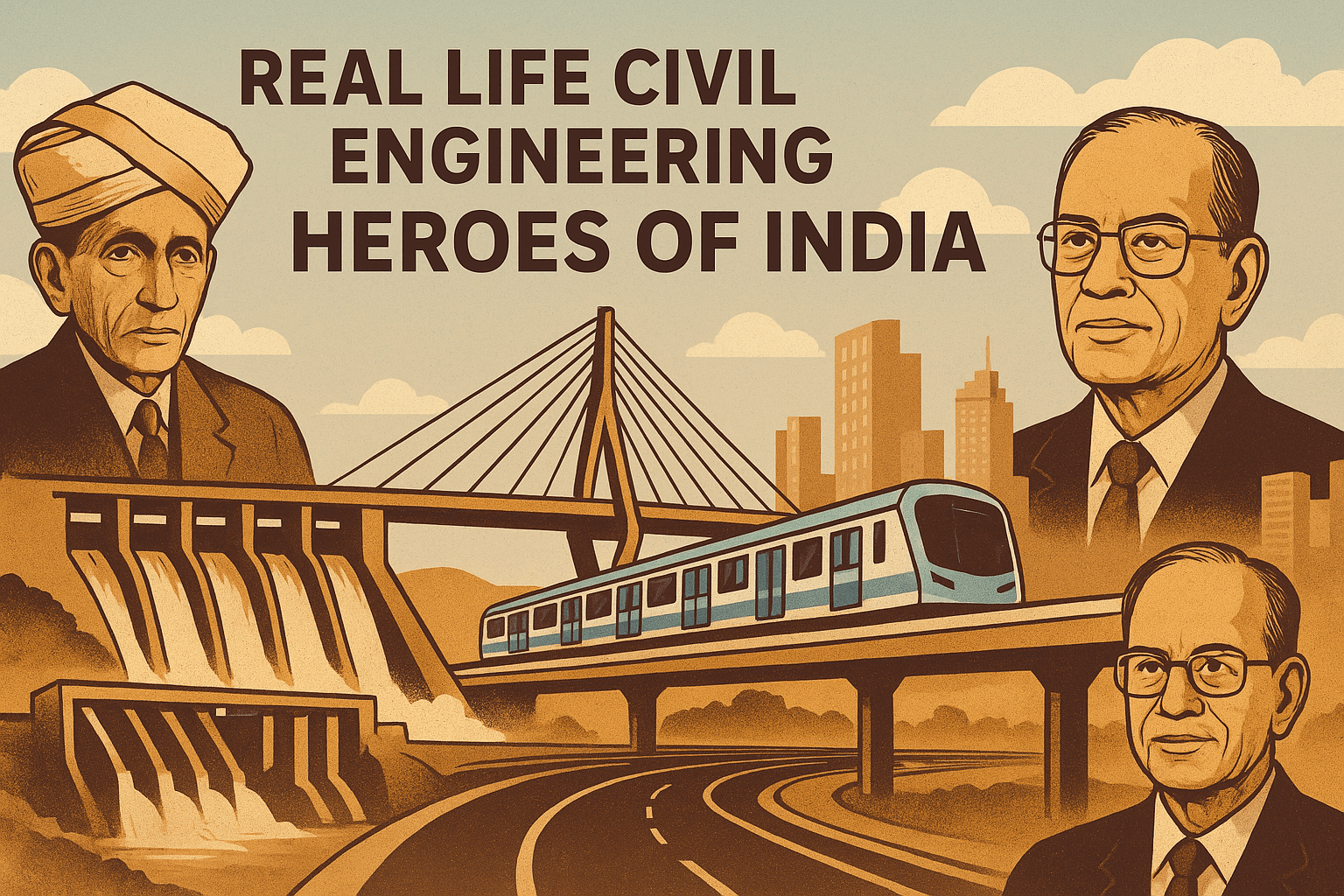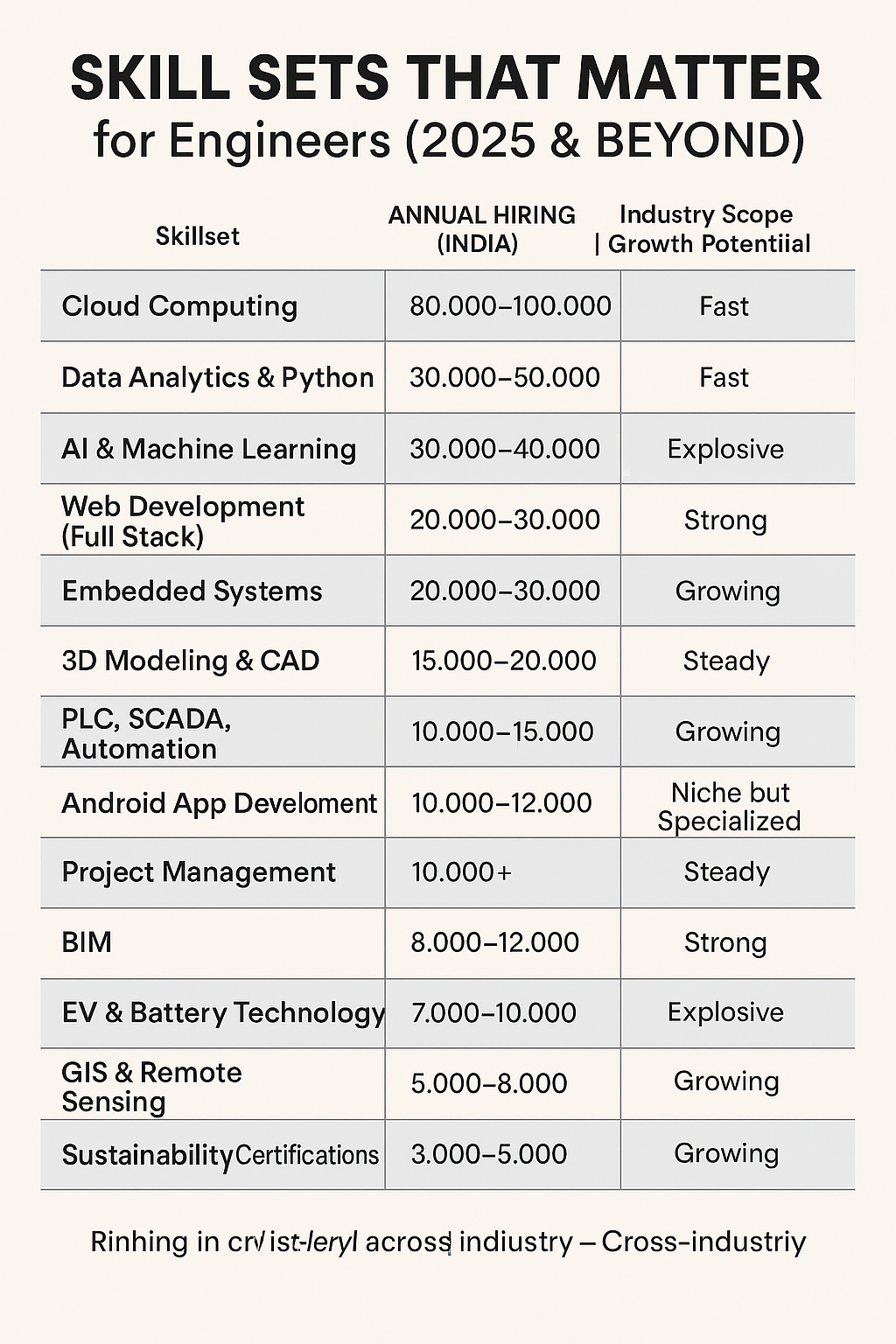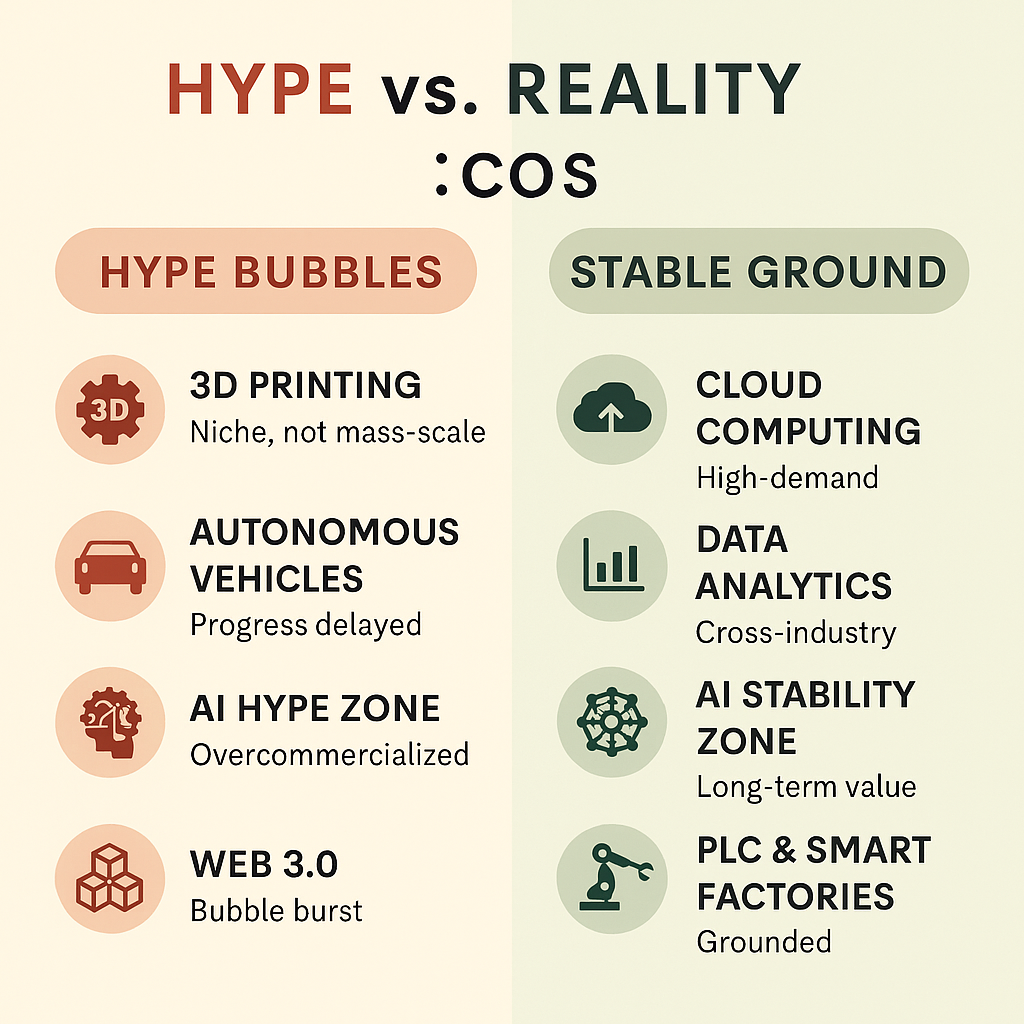User Ideas / Prospects
If you're seeking a new work, chances are you'll check out work uploading web sites online or check the work area of your neighborhood paper. While these are popular techniques for discovering task possibilities, some job candidates make the error of sending resumes or applications to companies that aren't employing. Prior to you consider this strategy, it is essential to weigh the advantages and drawbacks.
If you're taking into consideration putting on a business that isn't proactively hiring, you might question how to continue. 2 common methods utilized by job hunters in this circumstance include using a company's on-line visibility or taking a much more straight strategy. Numerous businesses their mailing address, which some work hunters make use of to send in their resumes in the mail or hand-deliver their applications to
Concerning the advantages and negative aspects of seeking unadvertised job possibilities, you will certainly find several benefits to doing so. One benefit of submitting your return to or work application to a business that does not openly reveal job openings is the potential head start you can acquire. While many firms choose to market job vacancies, some merely evaluate existing resumes and applications. By purposefully placing on your own, your resume or application one of those considered.
One benefit of looking for non-advertised jobs is the possibility to make a favorable impression. Employers typically see applying proactively as an indicator of effort, which can mirror well on you. employers that you are eager and thinking about working for their business.
While there are benefits and benefits to going after unadvertised job possibilities, there are likewise disadvantages negative aspects to think about. One prospective downside is the effect it might carry just how you are viewed. While some employers might see sending a return to or work application as a positive action, others may not see it in the very same light. It is feasible that your unwanted entry could be taken spam by specific firms, inadvertently staining your online reputation.
One more one of the disadvantages or disadvantages to looking for non-advertised tasks is the feedback time. As formerly mentioned, many business choose to experience their heap of job applications and resumes. Among these work applications and resumes can be your own, however you never ever know when you might wind up obtaining an ask for a job interview. You could receive a call in a couple of weeks, a few months, or even a year later on. This may not help you if you are looking to find a brand-new work now. With that in mind, you might have nothing to lose by sending your return to or work application anyways. You might be shocked with a quick feedback time.
As detailed above, there are a number of pros and cons to submitting your task application or return to for a non-advertised placement or firm. Because the decision is your own to make, you will want to proceed with caution, as your objectives can swing both means. That is why you should take the above stated aspects right into consideration when making your decision.
Here are sector-wise trends in the Indian engineering ecosystem over the last ~3 months (space, infrastructure, sustainability) — each section provides what’s happening + why it matters for your engineering advocacy mission.
1. Space & Aerospace Engineering
Indian Space Research Organisation (ISRO) reports that India’s space sector has achieved 200+ significant milestones in 2025 so far. The Economic Times+2The New Indian Express+2
ISRO has listed multiple upcoming missions: e.g., the communication satellite CMS-03 (GSAT-7R) launch on 2 Nov/Dec, etc. mint+1
A new launch infrastructure is under development: e.g., a third pad and a small-launch site at Kulasekarapattinam (Tamil Nadu) that will support private manufacturing, testing and launch services. themachinemaker.com
Private-space startups emerging: Example: XDLINX Space Labs led by co-founder Rupesh Gandupalli, focusing on cost-effective satellite innovation. The New Indian Express
Why it matters
This signifies a shift from government-only space engineering to a hybrid public + private ecosystem. More engineering jobs, new manufacturing-design roles, local supply chain opportunities.
For your community (engineering for humanity) this is a big area: space isn’t just “go to Mars” hype — if engineered well it can benefit Earth (e.g., satellite data for environment, connectivity, disaster management).
The launch infrastructure build-up means opportunities for small- and medium-engineering firms in India, not just large traditional contractors.
Encourages STEM, especially aerospace/mechanical engineers, to see real-world roles in Indian space sector (which your community could highlight).
2. Infrastructure & Connectivity Engineering 
 6 Key developments
6 Key developments
Urban-rail & metro systems are rapidly evolving: e.g., articles show metros becoming “smarter & greener” with advanced signalling, automation and multi-modal integration. Indian Infrastructure
Big roads/highway reform: For example the government is exerting more control on construction arbitration extensions to reduce delays/costs. mint+1
Railways component localisation: The rail components industry in India is maturing, with a focus on technology, sustainability, high-quality manufacturing. ETAuto.com
Mega-project scale: India is described as emerging as a ~US $1.4 trillion construction market globally. constructiontimes.co.in+1
Why it matters
Infrastructure offers massive engineering employment and innovation potential beyond just software/IT. For your mission (engineering for humanity) this is key: roads, bridges, rail, metros affect millions, connect underserved regions, uplift society.
Demonstrates that mechanical, civil, electrical engineers have a large role — something you can emphasise in content to raise visibility of engineering.
The localisation and smart-rail push show a pivot from “import everything” to “design + manufacture in India” — which aligns with your angle of sustainable, lasting engineering rather than hype-driven leaps.
3. Sustainability & Deep-Tech Engineering 
 6 Key developments
6 Key developments
India is being positioned to lead in “bio-based climate technology” — according to a recent report India is well-placed owing to strong public-private partnerships. Mongabay-India
Example of innovative sustainable engineering: In Varanasi, railway tracks are being utilised to generate clean energy via removable solar panels between tracks. The Better India
Deep-tech precision engineering in defence/manufacturing: The precision engineering & systems segment (PES) has order-book of ~Rs 32,800 crore (Sept 2025) in drones, radars, jets – reflecting strong demand for mechanical/manufacturing engineers. The Financial Express
At a policy level: A major “Research, Development and Innovation” scheme of ₹1 lakh crore was launched to support high-risk/high-impact projects. Prime Minister's Office India
Why it matters
Sustainability engineering is a perfect fit for your advocacy: real engineering used for real human + planet benefit, not just profit/hype.
The deep-tech manufacturing push shows that engineers designing real hardware (not just software) can find meaningful roles — especially aligned with your mission of promoting engineering for humanity.
This is also a fertile topic for content for your site: stories of “engineering for sustainability” resonate, help shift perception of engineering beyond just “jobs in IT”.
ISRO–Private Space Partnership Deepens
ISRO plans to transfer 50% of PSLV rocket development to a private industry consortium (HAL + L&T), marking a major shift toward privatization in space-engineering. Indian Defence News+1
This will help scale launch capacity and make India more self-reliant in rocket manufacturing. The Week+2Indian Defence News+2
Additive Manufacturing for Aerospace
Agnikul Cosmos has launched India’s first private, large-format 3D-printing facility for rocket parts (up to 1 m in size) in Chennai (IIT-M Research Park). The Times of India+1
They also built the world’s largest single-piece 3D-printed Inconel rocket engine, and have secured a US patent for it. The Times of India+1
On top of that, Agnikul is now pursuing fully reusable rockets, leveraging its recent patents and test successes. The Times of India
Indigenous Space-Grade Microprocessors
Indian space programs are becoming more self-reliant: new 32-bit microprocessors — VIKRAM3201 and KALPANA3201 — have been developed for use in launch vehicles. Indian Defence News
These chips aim to reduce dependence on foreign components for critical spacecraft systems. Indian Defence News
Skill Development in Engineering
A ₹200 crore Centre for Invention, Innovation, Incubation, and Training (CIIIT) is being established in Amravati (Government Engineering College) in partnership with Tata Technologies. The Times of India
The centre will train ~7,000 engineering students annually in advanced labs and emerging technology — a big push for employability and industry-ready skills. The Times of India
Major Infrastructure Engineering Project
The Raipur–Visakhapatnam Expressway (464 km, 6-lane) is being built as a key strategic corridor, aiming to boost trade, regional integration, and economic development. The Times of India
It’s also being engineered with modern infrastructure features (smart traffic, sustainability) and is expected to drastically reduce travel time. The Times of India
Chevron’s Engineering & AI Investment in India
Chevron has expanded its Engineering and Innovation Excellence Center (ENGINE) in Bengaluru, focusing on AI, digital twins, and high-performance computing. Reuters
This reinforces how global energy companies are leveraging India’s engineering talent for advanced digital and AI-based workflows. Reuters
Student Rocketry Push
IN-SPACe, ISRO, and the Astronautical Society of India are hosting a national-level student rocketry & CANSAT competition, giving students hands-on experience in building and launching small rockets. The Indian Express
This kind of initiative helps nurture real engineering skills (design, avionics, flight, testing) from a very young stage.
Space Sector Transformation: The transfer of PSLV work + rise of private space startups shows a paradigm shift. India is not just launching satellites — it’s building an entire private rocket ecosystem.
Manufacturing Innovation: Additive manufacturing (3D printing) for rockets can drastically lower costs and accelerate iteration. This is crucial for scalable space missions.
Strategic Self-Reliance: Indigenous microprocessors for space vehicles reduce reliance on foreign supply chains — important for national security and cost.
Human Capital Growth: Skill-training centers + student rocketry competitions indicate that India is investing in the next generation of engineers, not just building hardware.
Sustainable Infrastructure: Mega-highways (like Raipur–Visakhapatnam) show engineering isn’t just about tech — it's also about connectivity, regional development, and long-term infrastructure impact.
Global Tech Integration: Chevron’s move underlines how Indian engineering talent is becoming an integral part of global digital and AI-driven operations.
AI & Upskilling Surge Among Engineers
A survey by Great Learning shows 67% of Indian engineers feel their job roles are already being transformed by AI. The Indian Express+2The Indian Express+2
85% plan to upskill in FY 26, with big focus on generative AI, Python, NLP, data science, cloud, and cybersecurity. The Indian Express+2The Indian Express+2
Short-term certification courses (< 6 months) are especially popular (66% prefer this). The Indian Express
Experts predict that AI will dominate engineering education over the next decade. The Times of India
Weakness in Engineering Hiring Despite Placements Recovery
Engineering colleges are seeing a “strong placement season” after a lull. Business Standard
However, at the same time, tech hiring is slowing: a report by Xpheno says IT + engineering job demand has dropped ~27% year-over-year. बिज़नेस स्टैंडर्ड
This suggests a more complicated job market: roles may be shifting (AI, automation), and not all engineering hiring is robust.
Record Engineering Goods Exports
India’s engineering goods exports hit an all-time high of $116.67 billion in FY 2024–25. Dainik Bhaskar
This shows strength in manufacturing and global competitiveness, which is a positive sign for “hard” engineering (not just software).
Sustainable Infrastructure Innovation
IIT Indore researchers have developed a “green” concrete using industrial waste (fly ash, GGBS) via geopolymer tech. It’s claimed to reduce CO₂ emissions by up to 80% and lower construction costs by ~20%. The Times of India
This could be critical for sustainable infrastructure projects in India (roads, rail, emergency structures).
High-Speed Rail / Bullet Train Progress
The Mumbai–Ahmedabad Bullet Train is being developed with advanced Japanese tech: next-gen E10 Shinkansen trains (320 km/h) are expected. The Times of India
This is not just a transport story but a major engineering + infrastructure + Indo-Japan technology collaboration.
Space Engineering & Private Sector Push
Larsen & Toubro (L&T) is increasing its bet on space: working with HAL to build India’s first privately assembled Polar Satellite Launch Vehicle (PSLV). Reuters
This aligns with India’s move to open up space to private players, which has big implications for engineering, manufacturing, and R&D.
Defense Innovation by Young Engineers
Two 20-year-old BITS Pilani-Hyderabad students (startup: Apollyon Dynamics) have built radar-proof kamikaze drones (~300 km/h) and gotten orders from the Indian Army. Indiatimes
This is a strong example of “student-led, Make in India” defense innovation.
Deep-Tech: Electrolyzer for Lab-Grown Diamonds
HYDGEN (a deep-tech company) shipped its first in-house developed electrolyzer to a lab-grown diamond factory in India. Navbharat Times
It shows how advanced engineering (chemistry + electrical + materials) is making real industrial impact in India’s deep-tech space.
Employability vs Skills Mismatch: According to India Today, only ~42.6% of Indian graduates are considered employable. India Today
Need for Faculty Upgradation: With AI becoming core to all branches, there’s pressure on faculty to adapt teaching methods. The Times of India
Sustainability & Scaling: Innovations like green concrete are promising, but scaling them to national infrastructure is a big engineering + policy challenge.
Timeline of Civil Engineering Heroes & Milestones in India (1947–2025) 1947–1960s | Foundations of Nation-Building
Sir M. Visvesvaraya (Father of Modern Civil Engineering) → Krishna Raja Sagara Dam.
Major Project: Bhakra Nangal Dam (1956).
1960s–1980s | Irrigation & Water Power Visionaries
A. N. Khosla → River basin development, water management.
Kanwar Sain → Central Water and Power Commission, Indus Waters Treaty.
K. L. Rao → National Water Grid proposal, irrigation expansion.
1990s | Urban Growth & Railways
E. Sreedharan → Konkan Railway (1998), Delhi Metro (1998–2012).
2000s | Urban Development & Housing
M. Ramachandran → JNNURM (2005), urban renewal projects.
2010s | Smart Cities & Infrastructure
Sudhir Krishna → Smart Cities Mission, urban transport planning.
Major Project: Atal Tunnel (2020), world’s longest highway tunnel above 10,000 ft.
2020s | Mega Projects for the Future
Bullet Train Project (2025) → Mumbai–Ahmedabad High-Speed Rail.
Smart Cities expansion (2015–present).
Civil engineers of today carrying forward the legacy in sustainable infrastructure, metros, highways, and renewable energy.
Civil engineering is often called the foundation of a nation’s progress, because it shapes the very roads we walk on, the bridges we cross, the dams that irrigate our fields, and the buildings where we live and work. In India, civil engineers have been silent warriors of nation-building since independence, contributing to large-scale infrastructure, sustainable growth, and the transformation of society.
This article celebrates some of the real-life Civil Engineering heroes of India — professionals who didn’t just work for money, but dedicated their knowledge and vision toward building the nation.
Notable Civil Engineers Who Built India 1. Sir M. Visvesvaraya (1861–1962)

Contribution: "Father of Modern Civil Engineering in India," designer of Krishna Raja Sagara Dam, pioneer in irrigation and flood control.
Publications: Planned Economy for India (1934).
Quote: “Remember, your work may be only to sweep a railway crossing. But, it is your duty to keep it so clean that no other crossing in the world is as clean as yours.”
2. E. Sreedharan (1932– )

Contribution: “Metro Man of India,” leader of the Konkan Railway and Delhi Metro.
Publications: Restless: Memoirs of E. Sreedharan (2019).
Quote: “Commitment, accountability, and integrity are not optional in engineering—they are essential.”
3. Dr. Ajudhiya Nath Khosla (1892–1984)
Contribution: Visionary behind Bhakra Nangal Dam, pioneer in irrigation and hydropower.
Publications: Dams in India.
Quote: “Civil engineering is the science of converting dreams of prosperity into the foundations of reality.”
4. Kanwar Sain (1899–1979)
Contribution: Director of Central Water and Power Commission, played a role in Indus Waters Treaty and irrigation strategy.
Publications: Reminiscences of an Engineer.
Quote: “Rivers can unite nations if engineers approach them with wisdom and fairness.”
5. K. L. Rao (1902–1986)

Contribution: Conceptualized the National Water Grid, led multiple irrigation projects.
Publications: India’s Water Wealth (1975).
Quote: “Water is wealth; the future of nations will depend on how wisely they use and share it.”
6. M. Ramachandran (1948– )

Contribution: Urban development expert, former Secretary of Ministry of Urban Development, key role in JNNURM mission.
Publications: Urban Renewal, Metro Rail Projects in India.
Quote: “Cities are engines of growth; their planning determines the quality of national development.”
7. Sudhir Krishna (1951– )
Contribution: Transport planning and Smart Cities Mission leader.
Publications: Multiple works on urban governance and infrastructure.
Quote: “Urban engineering is not about concrete alone; it is about making life livable.”
Why They Are Heroes
These civil engineers are not remembered merely for the structures they built, but for the nation they envisioned. Their projects:
Boosted agriculture and food security.
Connected isolated regions with modern infrastructure.
Improved urban life through sustainable planning.
Showed that engineering is not just about construction, but about transforming lives.
A Tribute to Civil Engineers
From dams and bridges to railways and tunnels, civil engineers have laid the foundation of India’s growth story. Their work is often unsung, but it silently powers the country every single day.
As we celebrate these real-life heroes, let us remember: civil engineering is not just a profession — it’s nation-building in its purest form.
On this National Engineers Day 2025, we take a moment to honor the remarkable contributions of engineers in shaping India’s progress and development since independence. Engineering: The Backbone of National Development
Engineers are more than technical experts — they are innovators, problem solvers, and visionaries who drive the machinery of progress.
From designing critical infrastructure to developing cutting-edge technology, engineers have played an indispensable role in India’s journey toward becoming a global powerhouse.
Key Milestones of India’s Progress Led by Engineering
Expansion of Indian Railways (Post-1947):
Strengthened national connectivity, trade, and mobility, contributing to economic development.Bhakra Nangal Dam Commissioned (1956):
Landmark multipurpose project contributing to irrigation, power generation, and flood control.India’s First Nuclear Test – Smiling Buddha (1974):
India became self-reliant in nuclear technology, under the leadership of scientists and engineers.ISRO Founded (1969) → Key Missions:
Chandrayaan-1 (2008): India’s first lunar mission.
Mangalyaan (2013): India’s Mars Orbiter Mission, making India the first Asian country to reach Mars orbit in its first attempt.
Chandrayaan-2 (2019): Advanced lunar exploration mission.
Golden Quadrilateral Highway Project (2001):
A national highway network connecting major cities, boosting trade and mobility.Digital India Movement Launched (2015):
Promoting digital infrastructure, public digital services, and citizen empowerment through technology.Renewable Energy Growth (2015–2025):
Major push toward solar power adoption – India became one of the world’s largest solar power producers, contributing significantly to sustainable development goals.High-Speed Rail Project – Mumbai-Ahmedabad Bullet Train (2025 expected launch):
A historic leap in transportation engineering, introducing India’s first high-speed rail system.Gaganyaan Mission (Planned 2025):
India’s first human spaceflight program aiming to send Indian astronauts into space, showcasing the capabilities of Indian aerospace engineering.Advanced Manufacturing and Industry 4.0 Adoption (2020–2025):
Widespread implementation of automation, IoT, and AI-driven manufacturing solutions enhancing industrial productivity.
Engineers don’t just build infrastructure — they build a future where technology meets societal needs.
From sustainable energy solutions, healthcare technology, smart city frameworks, to disaster response systems, engineers are continually contributing to a better and more equitable world.
Saluting Every Engineer
On this special day, we salute every engineer who works tirelessly — often without recognition — to push the boundaries of what’s possible.
Your efforts shape the nation’s present and future. Your work echoes in every road we drive on, every building we live in, and every innovation that makes life easier.
Let’s continue the journey together, promoting engineering as a social norm and a force for good.
Visit us at EngineersHeaven.org
Join the community. Share your story. Inspire the next generation.
Do you ever before feel like your job is going no place? You're not the just one with this sensation. Just because you believe you're embeded a rut, it does not imply that's really the case. Yet if you're seeking some insight or confirmation, maintain reviewing to see if your uncertainties are correct.
Stagnation in your career can be a clear indicator that you're stuck in a dead-end task. If you've remained in the exact same role for an extended promotion, it may be time to reassess your circumstance. Unless you're content with staying in the exact same placement forever, a lack of progress in the direction of your occupation objectives can be a indication that it's time to carry on. After years of dedication to the very same firm, it's reasonable to anticipate recognition and incentives for your effort, and if that's not happening, it may be a indication that you're not valued or that the company does not have possibilities for innovation.
An additional indication that you may be functioning a dead-end work is if you have been working at the exact same pay level, also for a variety of years. In fact, lots of employers automatically offer their staff members pay raises annual and even quarterly. If you have actually been used by the same firm and for an extended period of time, you might be functioning a dead-end job. There is excellent information though, if your only concern is pay, you may be able to turn your dead-end task into a great job. You can do this by inquiring about a pay raising. Several companies anticipate this, particularly after an extensive time period without a raise; therefore, you may have absolutely nothing to lose by at the very least asking.
The indications pointed out earlier are simply a couple of red flags that might signify you're embeded a task with restricted development possibility. Nevertheless, as noted before, it's important to identify that you don't have to be trapped in a dead-end job forever. There are numerous strategies you can utilize to attain success. One approach is to initiate a conversation with your supervisor or management group. This could involve requesting a salary increase or exploring possibilities for advancement, should any kind of settings be offered. In today's labor force, not everyone aspires to take on additional duties, so it's important to express your interest and willingness to approve brand-new challenges to your managers.
One more among the many ways that you set about leaving what you might refer to as a dead-end task is by creating a mix, however in a excellent way. Despite your possible frustration, you might want to consider offering your task, dead-end or not, a 2nd opportunity. With that said second possibility though, you are prompted to take action. Make sure to do kind deeds in front of your supervisors, volunteer to burn the midnight oil or cover another person's change in an emergency situation etc. As formerly stated, your managers may incorrectly believe that you are presently pleased with your job. You will want to reveal them that you desire more and that you are capable of managing a lot more.
Discovering different job possibilities is one more practical service to consider when seeking to get away a stationary careerents or financial commitments might make you reluctant to go after brand-new work if it's not your front runner. relevant site
In today’s fast-evolving job market, engineering graduates in India are bombarded with promises of futuristic careers in sectors that appear to be booming.
But beneath the flashy projections and viral trends, many of these so-called "rising sectors" may actually be hype bubbles—they grow rapidly on public perception, not on stable industrial foundations.
This report is not just a forecast. It’s a protective insight for students and job seekers, based on real data, peer debates, and market research.
The Hype Bubbles: Danger Zones for Engineers
1. 3D Printing: Overstated for Mass Manufacturing
The Hype: Supposed to revolutionize construction and mass production.
The Reality: Valuable in prototyping and R&D, but not scalable for everyday, high-volume manufacturing.
2. Autonomous Vehicles: Progress Delayed
The Hype: Full self-driving cars by 2025.
The Reality: Regulatory, safety, and infrastructure barriers make mass deployment years away. India’s public roads are not near-ready.
3. AI Hype Zone: Non-Foundational, Over-Commercialized AI
The Hype: Generative AI will rapidly replace most content creators, coders, and engineers.
The Reality:
Most "prompt engineering" jobs are quickly disappearing or evolving.
AI tools for surface-level content and simple coding tasks are already saturated.
Many companies face hallucination, privacy, and ethical challenges, leading to slower adoption than headlines suggest.
Caution: Careers built only around using AI tools without understanding the algorithms, ethics, or product integration are highly unstable.
4. Web 3.0: The Known Bubble
The Hype: Blockchain will dominate the next internet wave.
The Reality: Crypto winter, regulatory pushback, and limited enterprise adoption proved the bubble burst.
The Stable Ground: Careers with Real Demand 1. Cloud Computing
Annual Hiring: ~80,000–100,000 in India.
Why It’s Stable: Cloud is the backbone of digital transformation across every industry.
2. Data Analytics with Domain Expertise
Annual Hiring: ~70,000–100,000.
Why It’s Stable: Business decisions increasingly rely on real-time data.
3. AI Stability Zone: Core, Industrial, and Applied AI
Annual Hiring: ~40,000–50,000.
Why It’s Stable:
AI for medical diagnostics, supply chain optimization, manufacturing quality control, and predictive maintenance has long-term real-world demand.
Growth is grounded in solving specific industry problems, not just creating flashy content.
Solid AI Careers:
Computer vision engineers
AI-driven control system developers
NLP in linguistics and healthcare
Robotics AI specialists
4. PLC & Smart Factories (Industry 4.0)
Annual Hiring: ~10,000–15,000.
Why It’s Stable: Automation is reshaping Indian factories and logistics.
5. Embedded Systems for EV and IoT
Annual Hiring: ~20,000–30,000.
Why It’s Stable: Real engineering demand in smart products and EV hardware is growing.
6. Sustainability Engineering
Annual Hiring: Growing steadily.
Why It’s Stable: Supported by global climate policies and India’s sustainability push.
Core Lesson for Engineering Students
Don’t follow the noise. Follow real-world problems.
Careers Skills Domain Reality Check
| 3D Printing | Niche, not mass-scale |
| Autonomous Vehicles | Delayed, limited hiring |
| Non-Foundational GenAI | Overcrowded, unstable |
| Web 3.0 | Bubble burst |
| Cloud Computing | High-demand, solid growth |
| Data Analytics | Stable, cross-industry |
| Core AI (Industrial, Applied) | Real jobs, long-term value |
| PLC & Smart Factories | Grounded, growing |
| Embedded/IoT Systems | Industry-supported growth |
| Sustainability Engineering | Policy-backed expansion |
The Core Lesson: "Hyped" Careers Share These Traits:
Characteristics Bubble Indicators
| Massive media coverage | ✅ Bubble risk |
| Few profitable use-cases | ✅ Bubble risk |
| Regulatory hurdles | ✅ Bubble risk |
| Low barrier to entry | ✅ Rapid saturation |
| Heavy reliance on funding | ✅ Prone to collapse |
Why This Matters
Chasing hype-driven jobs can cost engineering students valuable years and expensive reskilling cycles. The Indian engineering job market is brutally competitive. You need to be careful where you place your bets.
The responsibility lies with engineering educators, industry mentors, and journalists like us to separate short-lived bubbles from sustainable career paths.
Final Thought
Before aligning your career with a trend, always ask:
Is it solving an immediate, real-world industrial problem?
Are companies hiring at scale or just experimenting?
Does the field have consistent investment or just viral attention?
When the answer is "no," it’s probably a bubble waiting to burst.
Let’s commit to building careers with solid foundations—not air castles sold by hype.
Dear All Engineers,
I’m excited to share an important milestone from our journey at Yojnakar Innovation’s project – EngineersHeaven.org, an online community built to promote engineering and make it a social norm.
We’ve just successfully completed our first YouTube video series:
"Mechanical Engineering Job Market Trends of 2025 for Career Advancements"
1. Introduction
https://www.engineersheaven.org/video/view/30
2. Challenges and Opportunity Part 1
https://www.engineersheaven.org/video/view/31
3. Challenges and Opportunity Part 2
https://www.engineersheaven.org/video/view/32
4. Must Have Skills for Mechanical Engineers Part 1
https://www.engineersheaven.org/video/view/33
5. Must Have Skills for Mechanical Engineers Part 2
https://www.engineersheaven.org/video/view/39
6. Self Employment Opportunities in Field Of Mechanical Engineering In India.
https://www.engineersheaven.org/video/view/34
7. Ways of Corruptions Needs to Stop Indian Mechanical Engineering.
https://www.engineersheaven.org/video/view/35
8. Engineering Ethics that must needs to Maintain by Engineers Regardless Branch or Faculty.
https://www.engineersheaven.org/video/view/31
9. Real Life Heroes / Role Model Mechanical Engineers Of India.
https://www.engineersheaven.org/video/view/38
Why This Series Matters?
Mechanical Engineering is a vast, evolving, and dynamic field.
To thrive, engineers must continuously:
Adapt to new technologies
Upgrade their skills
Tackle new industry challenges
This video series is designed to help mechanical engineers across India stay aligned with job market trends for career growth and future opportunities.
Our Contribution to Engineering
This is a humble effort by me and my team to support engineers and contribute meaningfully to our profession.
Since this is our first series, your feedback, encouragement, and support will inspire us to keep creating valuable content for the engineering community.
Thank you in advance!
Looking forward to connecting and building this movement together.








